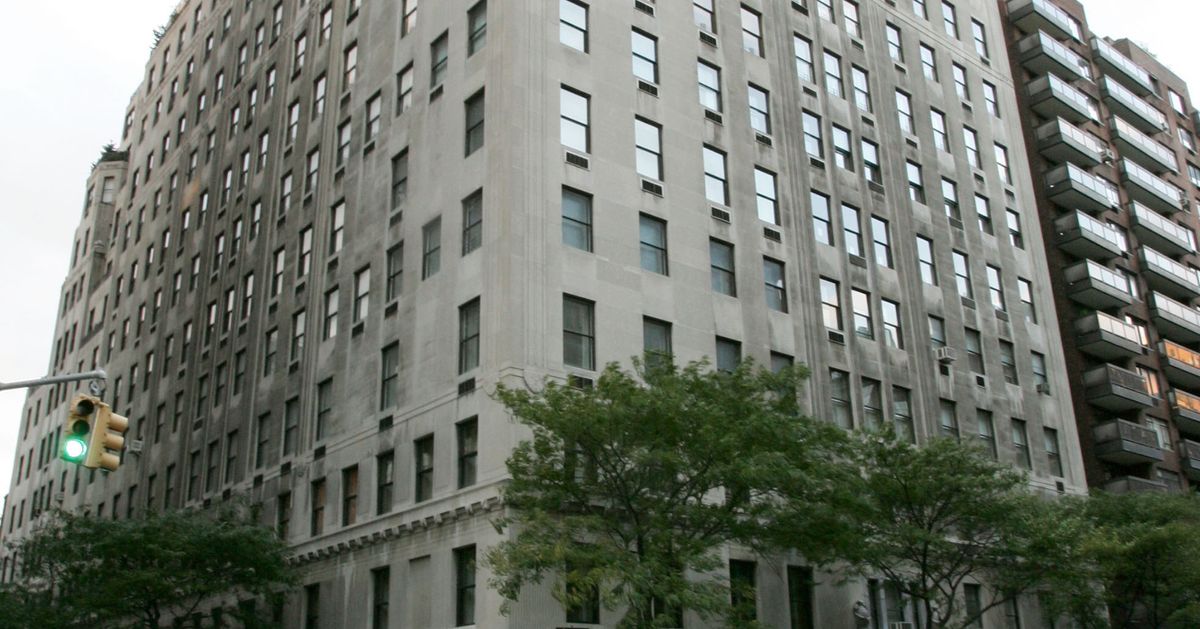P
hilip Lawrence, once a prolific songwriter in the Smeezingtons trio that propelled Bruno Mars, found himself in a financial crisis in 2020. Despite the royalties from hits like “Just the Way You Are” and “When I Was Your Man,” he had mismanaged his earnings, mortgaging his catalog to secure a $15 million loan from Hipgnosis. The loan was due, and the catalog faced seizure. To avert this, he hired entertainment business manager Thomas St. John.
St. John first arranged a $25 million loan from Dutch DJ Tiësto (Tijs Verwest) at 9.6 % interest, allowing Lawrence to pay Hipgnosis. He then negotiated the sale of Lawrence’s catalog to Tempo Music Investments for $90 million in 2021. Tempo, which also owns catalogs of Wiz Khalifa and Florida Georgia Line, later sued Miley Cyrus over alleged infringement of “When I Was Your Man” in her song “Flowers.”
The $90 million did not solve Lawrence’s problems. He still owed back taxes, legal fees, and $27 million to Tiësto. By 2023, he declared bankruptcy, having spent the proceeds on real estate, luxury goods, and new ventures. One such venture was CMNTY Culture, a Hollywood real‑estate project conceived to reduce capital‑gain taxes through a qualified opportunity zone created by the 2017 Tax Cuts. Lawrence’s lawyers identified four parcels at Sunset Borough and Highland Avenue, envisioning a 460,000‑sq‑ft studio and office complex.
Lawrence invested $3 million in Dun & Dun LLC, one of the entities forming CMNTY Culture. St. John, seeking diversification, invested $2.4 million, making them 60/40 partners. As Lawrence’s finances deteriorated—partly due to a messy divorce—he could not fulfill a $20 million commitment. St. John bought out Lawrence’s stake for the original $3 million and became the sole chief of CMNTY Culture, injecting $70 million of his own money, debt, and other investors.
Calvin Harris entered the picture as one of nine investors who signed contribution agreements for CMNTY Culture. St. John claims Harris voluntarily invested $10 million in Hollywood LLC and $12.5 million in equity. Harris, however, filed an arbitration demand alleging that St. John, his long‑time manager, siphoned over $22 million into CMNTY Culture without consent. Harris says St. John misled him into signing documents that transferred a $10 million loan and a $12.5 million equity stake, never repaid the loan, and failed to provide any returns. Harris labels the project a “boondoggle.”
Construction has not yet begun, and CMNTY Culture has defaulted on at least one loan. St. John is still applying for permits from Los Angeles planning. The original vision—a creative hub for music, gaming, and entertainment tech—has shifted to a 746‑unit residential housing project, citing a collapse in the creative office market. St. John’s partners now include Lincoln Property Company and HKS, and he projects a $1 billion valuation upon completion.
St. John’s own financial situation is precarious. The U.S. arm of his international firm, Thomas St. John Group, filed for bankruptcy in March after multiple legal disputes. Creditors claim $466,000 in unpaid office rent, a figure St. John’s representatives dispute. Harris’s arbitration seeks damages for alleged fraud and breach of fiduciary duty. St. John denies all claims, calling the case “malicious,” and argues that Harris actually requested to increase his investment.
The U.S. trustee overseeing Lawrence’s bankruptcy has also scrutinized St. John’s partnership. The trustee alleges that St. John breached fiduciary duties during CMNTY Culture’s development, including paying Lawrence only $3 million for a stake that had appreciated, brokering the Tiësto loan without a license, and inflating his cut of the Tempo catalog sale by over $1 million. St. John’s representatives refute these accusations, asserting fair valuation and arms‑length dealings.
Complicating matters, St. John has filed arbitration against Mark Gillespie, Harris’s music manager and a former ally, claiming Gillespie mismanaged Three Six Zero, a company where St. John holds a 5 % interest. Gillespie’s lawyer, David Willingham, calls St. John’s claims “false and malicious,” noting that St. John has not paid JAMS fees, hindering the arbitration.
The legal landscape remains tangled: St. John faces potential liability in Harris’s arbitration, the trustee’s claims in Lawrence’s bankruptcy, and the arbitration against Gillespie. Meanwhile, CMNTY Culture’s future hangs in the balance as it seeks to secure permits, resolve loan defaults, and pivot from a creative hub to a residential development.















